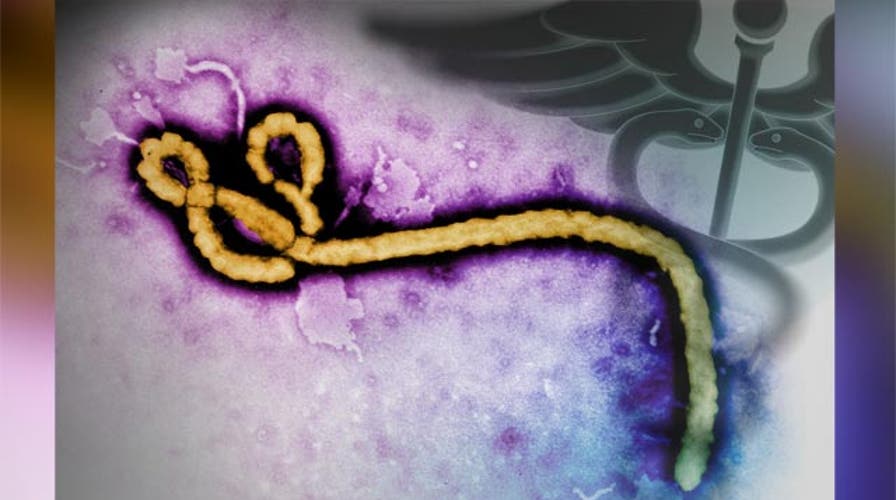It’s no secret that Barack Obama’s presidency has not been as transparent as he once promised it would be – nor as much as Americans would have hoped.
From the IRS to Benghazi to troubles at the Centers for Disease Control and Prevention (CDC), a multitude of scandals have plagued this administration. It’s no wonder that more and more Americans seem to be developing a genuine mistrust of our government.
So when the CDC, which has been at the epicenter of the Ebola outbreak since their help in orchestrating the repatriation of two American aid workers stricken with the virus, said Tuesday that a half dozen additional patients were being tested for possible infections in the U.S. -- I found it very upsetting and surprising that this information was being released with such late notice. The CDC gave out just enough information to the media to let the press run with it but the health protection agency left the American public in fear.
[pullquote]
Until Tuesday's press conference, as far as we knew, there were just two American aid workers with the confirmed Ebola virus being treated in isolation units in Atlanta. A possible third patient was in quarantine in New York City’s Mount Sinai Hospital – the latter of whom health officials said is unlikely to be infected with the virus.
Finding out, after the fact, that there are as many as six other patients in various parts of the country being tested for the virus shows a lack of transparency that could be problematic when dealing with the widespread fear and misinformation surrounding this outbreak.
Now, many people are wondering: Are there any other cases of Ebola that the CDC is not telling us about? Am I going to be quarantined if I go to the emergency room with viral symptoms? Are scientists going to West Africa planning to report on the progress of their campaign to control the situation?
From a scientific point of view, many of my colleagues and I have been reporting that the possibility of a major Ebola outbreak is very unlikely in the U.S. I keep reiterating how important it was for us to bring the two American Ebola patients to the U.S. for treatment. Not only is it the right thing to do, but exposure to experimental drugs will also give scientists important clinical information that could lead to a cure.
This is why it’s more important than ever to make as much information about screening and outcomes as we can available to the American public.
Fear of the unknown is what creates a culture of fear and prejudice surrounding a health crisis – much like outbreaks of other diseases we’ve seen in countries around the world.
It would be doing the medical community, who are working so diligently to find a solution -- as well as the world at large -- a disservice to let the same sort of ignorance and misinformation cloud the Ebola crisis.
The perception that this outbreak is an African problem is troubling. Many Americans have been vocal online about their belief that the U.S. should shut down its borders until the outbreak is under control and others have expressed their fear about people coming from that area of the world.
Certainly, the physicians who deal with global epidemics are not worried about the potential for a problem here in America. Yes, they are concerned about the outbreaks in West Africa and all the challenges they’re facing with controlling one of the most deadly viruses in the world.
Many public figures, who are making unsubstantiated statements about Ebola, remind me of a man crying fire in a crowded movie theater, and this only adds to the prejudices that people can develop. It has allowed a multitude of independent voices to relay all kinds of misinformation about the virus on social media. It’s actions like these that are putting America in harm’s way.
Panic is what has caused many people in African villages to have limited access to health care workers who can help contain this outbreak.
I don’t want panic to make Americans lose sight of what is important. Let's keep using our technology and science to help find a cure for Ebola and continue to help our brothers and sisters in Africa.

